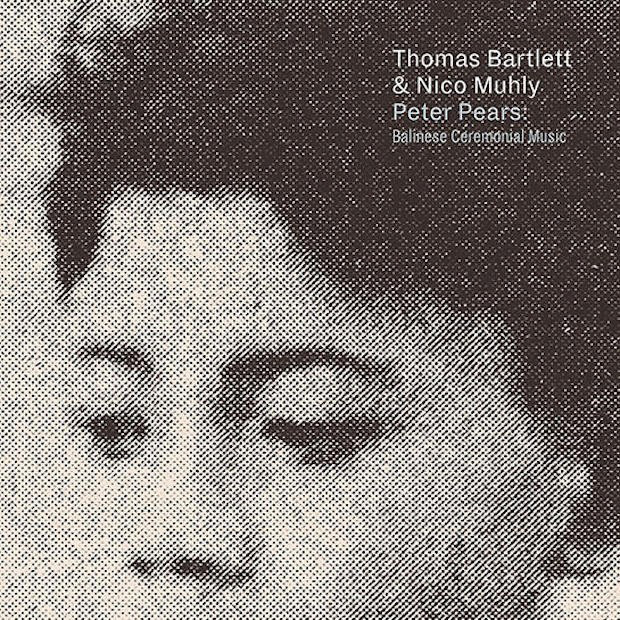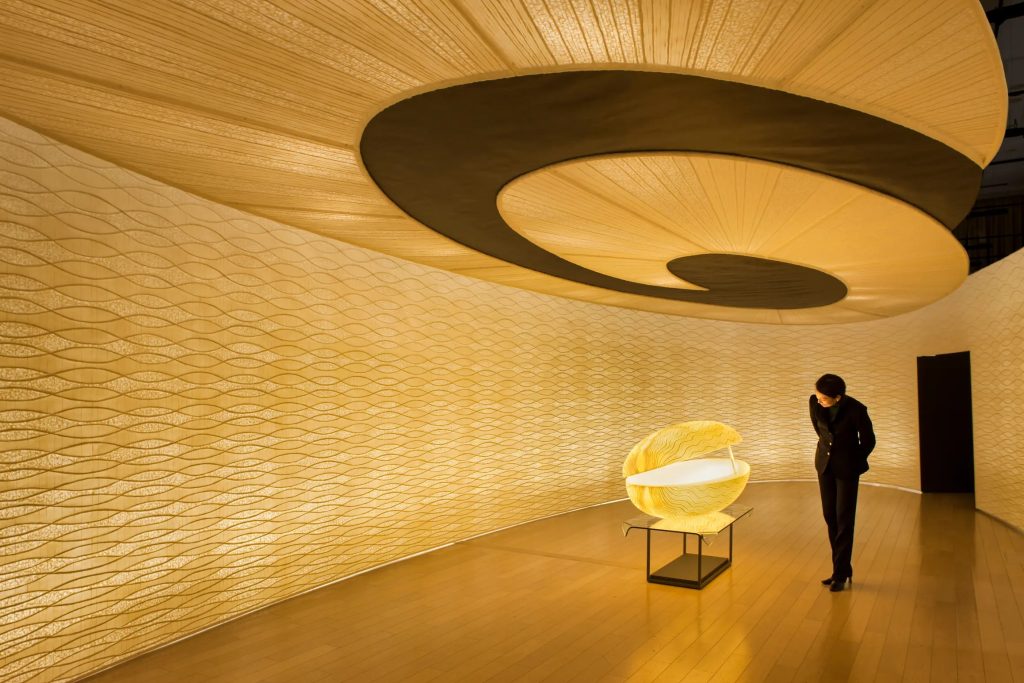Interview: Nico Muhly
The dynamic composer discusses his Met Opera production of “Two Boys”

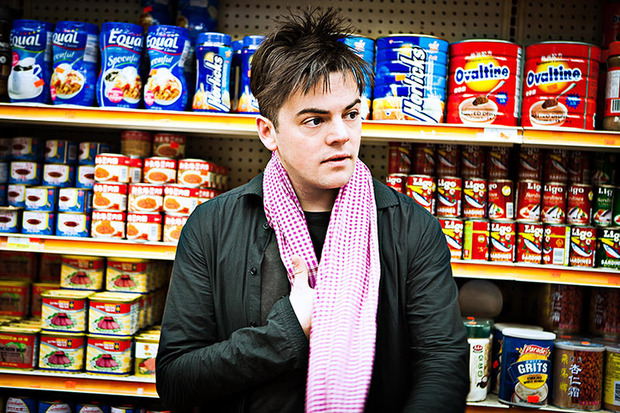
Two years ago, composer Nico Muhly premiered his first full-scale opera with London’s English National Opera. The critically acclaimed work, entitled “Two Boys,” also became a commercial success, and now US audiences will have an opportunity to experience the performance when it premieres later this month at New York’s Metropolitan Opera House. With this, he will again flex his musical prowess and perhaps even bring a younger audience to the historic art.
For “Two Boys” the vibrantly charismatic composer worked in collaboration with librettist Craig Lucas for the narrative, and then tapped veteran conductor David Robertson and director Bartlett Sher to bring the story to life. But Muhly’s vast repertoire of thoughtful, inventive and groundbreaking work began when he served as a MIDI programmer and editor for Phillip Glass. He then went on to work on the orchestration for a project with Usher and Diplo. Muhly’s fingers have graced genres one would never think congruent, and regardless of where this budding virtuoso turns up, it never seems like an unlikely pairing. Curious and full of boundless creativity, he is capable of composing for ensembles and soloists. He’s worked with organizations from the New York Philharmonic and the Boston Pops to the Paris Opéra Ballet. Muhly has even scored sixteen films, including Best Picture nominee “The Reader.” His efforts have also gained the respect of his contemporaries, allowing him to arrange, conduct and perform with artists like Antony and the Johnsons, Grizzly Bear and Jónsi of Sigur Rós. As Muhly explained to Cool Hunting, he really can’t say no to a good collaboration.
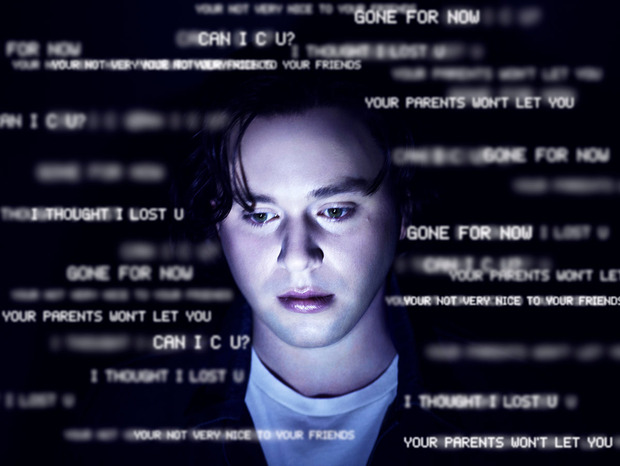
As for the full-scale opera “Two Boys,” it’s a dark and mystifying exploration of identity. Based loosely upon real events, the tale within follows a detective investigating the stabbing of one boy by another. Therein, he lifts the many veils internet anonymity provides only to find desire and deceit—themes born for an opera. Muhly’s score features lyrical vocal writing and utilizes the power of chorus. The production also includes video projections by 59 Productions. In a way, the opera reflects the nature of Muhly; future-forward and imaginative, but deeply rooted in the artistic history of that which came before. We sat down with Muhly to gain a broader understanding of how his complex drama came to fruition.
“Two Boys” is a first: An opera about the internet at The Met. Can you explain what your inspirations were during the creative process?
I like to say that “Two Boys” isn’t really “about” the internet, but uses the online medium to tell a very old story. For me, opera is always about people using disguise and deceit to get something either emotional, political, or sexual. Or all three. Historically, you’d have disguises, right? But now, we have this whole other delivery system for the same drug.
You collaborated with librettist Craig Lucas. When given a text, how do you go about setting words to the music? How does that apply across composing, from sacred choral music to opera?
The fun thing about setting sacred texts is that we basically know what they are—the text of the Latin Mass hasn’t changed in a very long time. With something plot driven, it’s my job as the composer to make sure the words are clearly expressed.
Everything about writing an opera is difficult. There are many plates to keep spinning and there are a million moving parts.
What I loved about Craig was his willingness to simplify language into these very clear sentences so that we could always make sure we were telling the story, and not just setting beautiful poetry.
What was the biggest difficulty while writing “Two Boys”?
Everything about writing an opera is difficult. There are many plates to keep spinning and there are a million moving parts.

Has the show changed since its original run in London?
Slightly. We swapped around the beginnings of the acts, and added maybe two minutes of music. It’s a lot of detail work but so worth it.
What do you hope people take away from it?
I mean, I hope they have a nice time at the theater. It’s hard to predict what will reach people and what won’t, so I usually don’t worry too much and just try to make the best piece possible.
How have your collaborations with a variety of musicians (Björk, Jónsi, Teitur) effected your music? How would you define the difference in working with singer/songwriters and say, the New York Philharmonic?
It’s a huge difference; I mean, the main thing is that in collaborative work I’m always trying to make sure that my collaborators look good, right? That’s what you’re being asked to do if you make an arrangement. When you’re commissioned to write a piece by an ensemble, usually they give you a bunch of information, like, when it’s due and how much time and how much money and then you collaborate on putting it together but not so much in the writing.
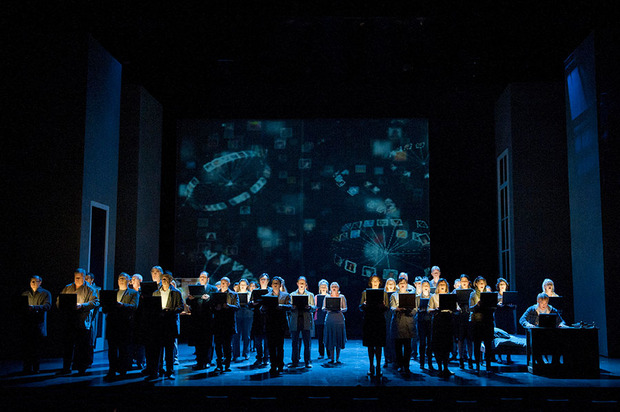
How did you find yourself working with such a diverse group of artists across many pillars within the music world?
I say yes to everything. I’m really curious about different ways of making music, different collaborative configurations.
You seem to obsess over the historical composer model, specifically that of the Renaissance or Baroque church composers and musicians. Have you ever found yourself trying to replicate this model in your own career?
I don’t think we can get away with having a court composer anymore, but if Future Mayor de Blasio needs one, he has my number.
You’ve heard the term “indie-classical” thrown at you, and it’s apparent that you find it unnerving. What’s your opinion of this label?
It’s just annoying because it’s relative. “Indie” means independent, and that implies independent from something. And also, having an opera all up at the Met seems like just about the least indie thing you could possibly do. Also why do we even need a label for it? Who needs to be sorting us out anyway?
Tickets for “Two Boys” sell from The Met Opera website. Muhly will be discussing the creation of “Two Boys” at an exclusive pre-curtain event for ticket-holders to the 25 October 2013 performance.
Lead image courtesy of Matthew Murphy, promotional image courtesy of Micaela Rossato/Metropolitan Opera and production images courtesy of Richard Hubert Smith


